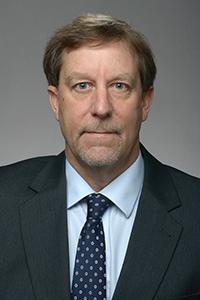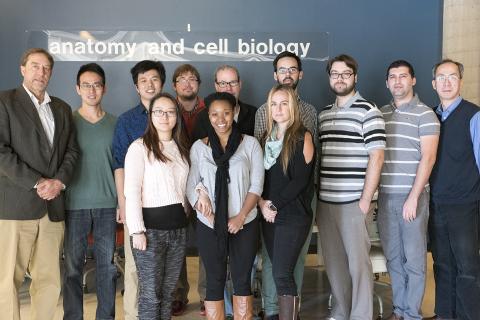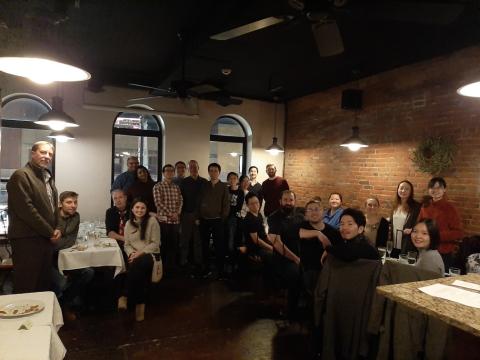
Brad A. Amendt, PhD

1) Studying the expression and regulation of transcription factor genes and signaling processes involved in craniofacial/tooth development
2) The molecular basis of selected human genetic disorders and
3) The role of stem cells and microRNAs in regulating craniofacial and regenerative medicine.
My laboratory is dedicated to understanding the role of transcription factors and signaling pathways in tooth and craniofacial development. The overall goal

I am committed and dedicated to training the next generation of scientists through mentoring undergraduates, graduate students and post-doctoral fellows. My students are competitive and recruited for outstanding post-doctoral positions and post-docs have been successful in obtaining research positions. The T90 support mechanism is critical for the training of qualified students and post-docs.
Human genetic defects provide a wealth of knowledge to our understanding of gene function and in reciprocation understanding gene function allows us to better understand genetic defects. The laboratory strives to provide the basic framework for the development of technologies towards treating human genetic defects. Preparing and training graduate students for a career in research is an extremely important aspect of my career and required to advance knowledge. Research in the Amendt laboratory is funded by grants from the NIH.
